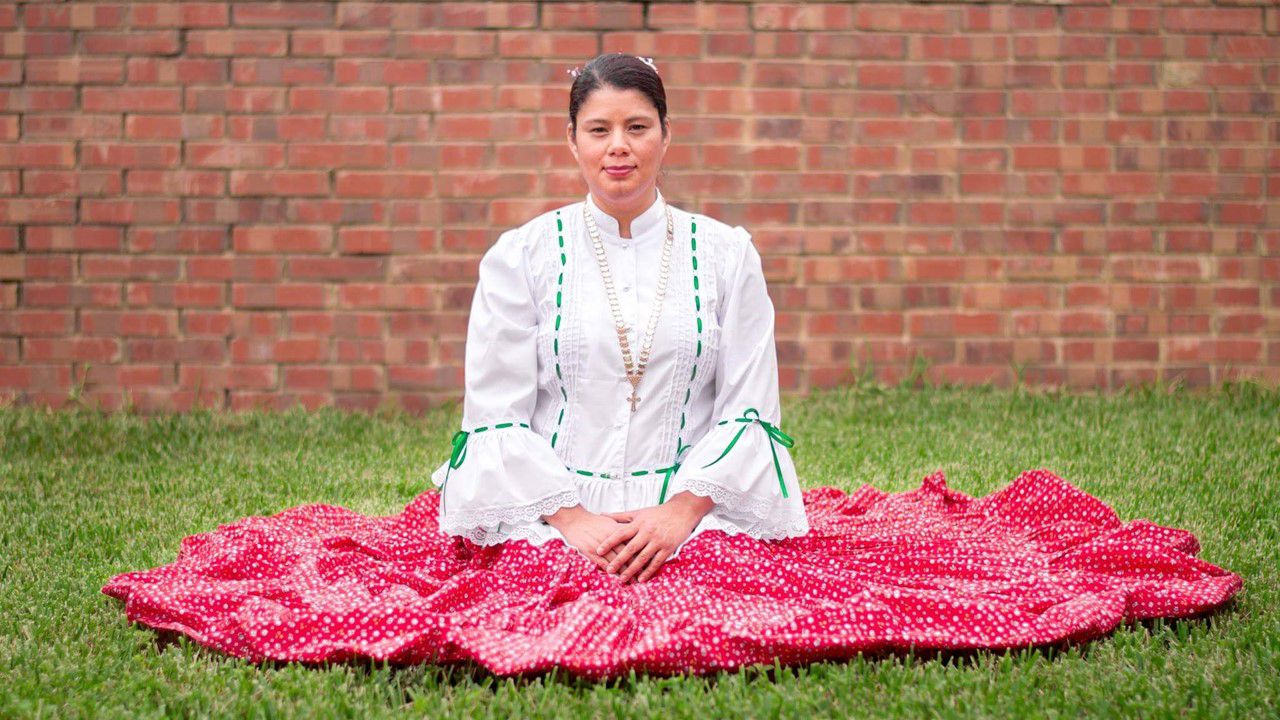Born in Panama and growing up in several Latin American countries, Eneida Alcala, Humana Health Educator and Fitness Class Instructor, is proud of her Hispanic heritage. When we talked with Eneida, she described how each country is unique, even when Spanish is the common language spoken.
“Because I lived in so many different countries, I had to learn a little bit of their ideas of life—their view on government, family, education, even their view on women’s position in the family and in the workplace,” said Eneida. “I had to learn different Spanish words depending on the country. My language would change as I learned five different ways to call the same item.”
Eneida’s background helps her to better serve people who come into the Humana Neighborhood Center in Kissimmee, Fl., where she helps to teach people about lifestyle choices and leads fitness classes. In a city where
“When I meet people and hear them speak, I can guess which country they came from. Once I do that, then I know I need to switch my words in order to reach that person,” said Eneida.
Watching her parents work in health care as missionaries in Latin America, Eneida developed an interest in health care. She even helped by entertaining children in the villages when the doctors and nurses traveled to care for people in remote areas.
Based on her early experiences—from working in hospitals with her parents to telling stories to children—she chose a career in community health.
“I want to talk to people about health,” said Eneida. “This is my way to helping them without having to be a doctor or a nurse.”
And this is what Eneida does every day at the Humana Neighborhood Center—helping to educate people and encourage them to lead healthier, happier lives.
The blending of cultures is something that people who move to the United States may face.
“Hispanic families are very big into family celebrations, being together every weekend or seeing each other,” said Eneida. “Here in the States because of the lifestyle — it’s not that they don’t care about family. It’s that life goes in a different rhythm — family time gets put on hold more so than in Hispanic countries.”
Eneida offers advice for those who are new to the U.S. “Don't be afraid to get acclimated; give yourself time. Don't be afraid to let go of certain things you bring from your culture in order to acquire certain new things. You still are who you are, from where you came from. I'm still very Panamanian. I love it. I'm Honduran. I'm Costa Rican. I'm Nicaraguan and I love it.”


